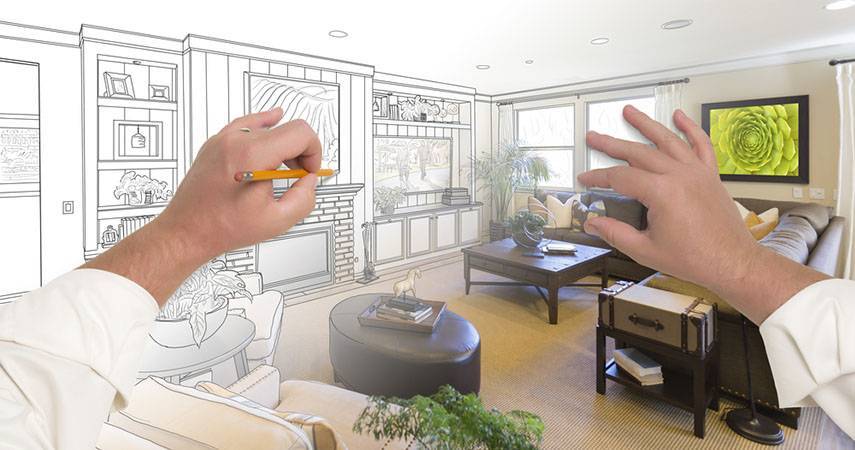Let us understand about Home Renovation Loan to avail the maximum benefits out of it.
This is the first thing you should do before applying for a renovation loan as the lender will assess the application based on the estimation. The estimation done by a registered architect or engineer is a booster for a lender to gain confidence for loan sanction. Remember that the loan amount would be 80-90 per cent. So, the rest of 10-20 per cent would be owners contribution.
Mandatory technical verification
The lender needs to determine the amount of renovation or improvements that you are planning to do. Post this; the lender will disburse money for works. Technical verification comes into picture here, where an empanelled valuator of the lender produces bi-monthly/tri-monthly technical report establishing the level of renovation/improvement.
Renovation works that a home loan covers
The extension of a room or a balcony, painting, flooring, any advanced plumbing/tiling, flooring, even changes in bathroom styling and construction of a modular kitchen can be covered in the renovation loan. Remember that all these must be within the built-up area, which means the area covered by the inner and outer walls and any additional areas mandated by the authority. Anything beyond this permit will be a reason for loan rejection.
What are the eligibility criteria for renovation loans?
Applicants for this loan could be new or those who have existing home loans. The Loan-to-Value ratio (LTV) is up to 80 per cent for renovation loans. Those who are existing customers of the bank can avail an even higher amount of loan depending on you CIBIL scores. You need an 'approved plan' to get the renovation home loan sanctioned. The amount is disbursed as the renovation progresses.
What are Eco-home features?
Eco-home features such as rainwater harvesting and solar set-ups are included in LTV. LTV is the amount granted over the property’s market value.
Tax deduction on renovation home loans
The interest component of the loan is eligible for deduction under Section 24(B) under “income from house property”, which is up to INR 30,000 per annum.







